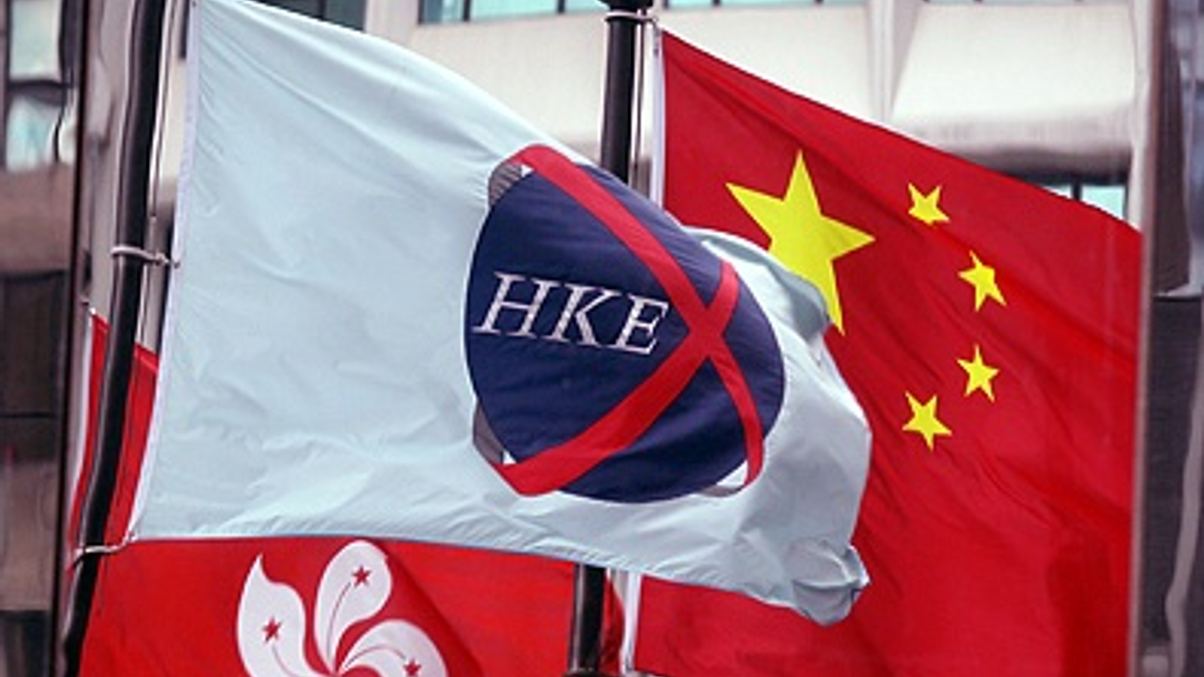CIO, CLSA slam HKEx circuit-breaker plan
Hong Kong's exchange has proposed circuit breakers for curbing extreme share-price moves, but the CIO at a big fund firm and CLSA's head of trading have criticised the idea.

Share price circuit-breakers proposed by Hong Kong’s bourse will damage the city’s free-market credentials if they are approved, market players have warned.
Sign in to read on!
Registered users get 2 free articles in 30 days.
Subscribers have full unlimited access to AsianInvestor
Not signed up? New users get 2 free articles per month, plus a 7-day unlimited free trial.
¬ Haymarket Media Limited. All rights reserved.


